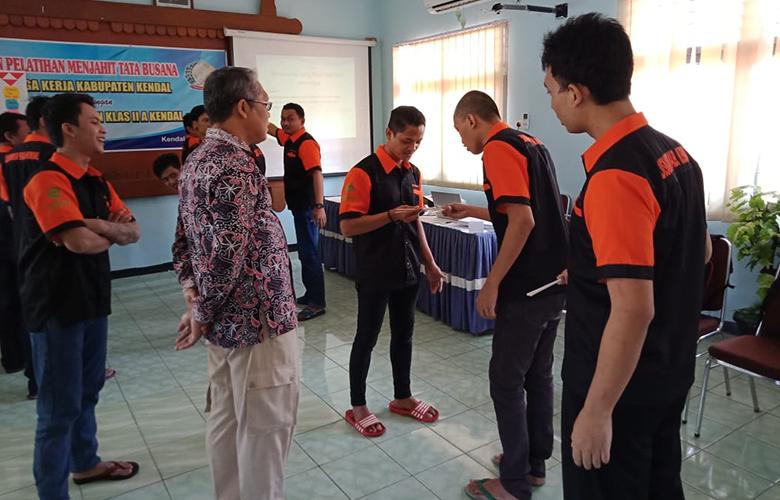
Today, as we celebrate World Youth Skills Day (July 15), we shine a light on how soft skills are laying the path toward better livelihoods for those who need it the most. In Indonesia, the world’s fourth most populous country, we are partnering with the local government to provide soft skills and financial literacy training to incarcerated youth in Central Java. These youth, who are close to completing their prison terms, are often the first to be rejected by society and employers, creating a downward spiral of hopelessness and destitution.
The Ready-to-Work Accelerator Program (RWAP) is an initiative led by RTI International and funded by the U.S. Agency for International Development (USAID), for which EDC leads the skills training efforts. Through the project, we collaborate with district government units, private sector partners, and technical and vocational education and training (TVET) institutions to provide timely soft skills training and approaches that focus on building positive assets and attitudes. While these skills buttress the technical training youth receive, they go far deeper. We challenge incarcerated youth to think strategically about their goals and career pathways and help them to take concrete steps toward their personal and professional goals.
In the process, the youth build team work and communication skills, as well as budgeting plans, all of which they put into practice upon graduation. Even more important than the work readiness, however, we found that our trainings sparked a renewed hope among the incarcerated youth, both in themselves and their futures. One program participant, M. Lukman, reflected, “I am proud right now because I have a purpose in life after being taught in soft skills training to make goal setting. After completing my term of detention, I have a clear plan.”
The improved attitudes and skills of several youth led them to become peer instructors while still in prison, creating a new opportunity for leadership and employment. The correctional instructors, too, remarked on the shifting attitudes and pointed to the skills training as a transformative experience. Our experience on RWAP underscores the power of investing in those who are the most likely to be left behind, and shows how timely skills training can open new pathways for improved livelihoods.
Read “Opening the Door to the Future” to learn more about EDC’s work to support youth and workforce development.
| Sabeen Faizullah is an international development practitioner who works on EDC’s youth development and international education projects. She serves as the project director for RWAP. |

Add new comment